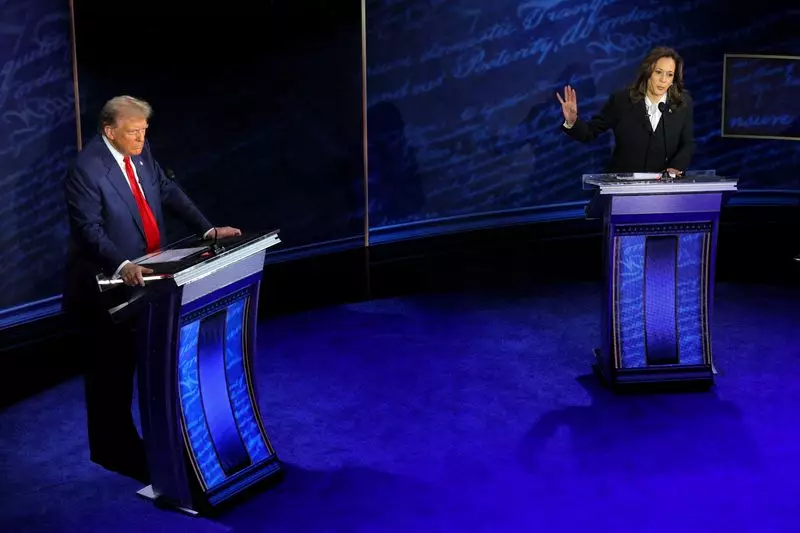The brewing climate surrounding the November 5 U.S. presidential election is having a palpable effect on corporate America, particularly when it comes to financial planning and investment decisions. As indicated by a recent survey from the Atlanta and Richmond Federal Reserve Banks in collaboration with Duke University’s Fuqua School of Business, a significant number of Chief Financial Officers (CFOs) are exhibiting a cautious approach, refrain from committing to capital expenditures due to the uncertainties that the political arena is creating.
Almost one-third of CFOs surveyed reported that uncertainties related to the imminent elections have prompted them to either postpone or minimize their investment plans. Specifically, 21% of the 479 responding CFOs noted that they had put off investments, while 15% indicated that they downsized their investment goals. In an era when business growth is paramount, the inclination to retreat from significant expenditures could hint at a looming stagnation in economic growth in the short term.
This financial hesitance is exacerbated by the unpredictable nature of the political landscape, as many executives are analyzing how potential changes in leadership could impact regulatory frameworks, corporate tax policies, and monetary strategies. The survey highlighted that only a bit more than 64% of CFOs felt no impact at all; the rest are operating in a charged environment where political instability influences their financial decision-making.
Notably, the firms that expressed hesitation due to electoral uncertainties displayed a more pessimistic outlook on economic recovery. According to the survey’s findings, these companies were less likely to invest in capacity enhancement or asset repairs. Instead, they were investing primarily with a focus on cost-reduction strategies. This reflective caution indicates a corporate tendency to hold back financial resources until there is clarity regarding the election results and the resulting economic implications.
While the survey results could paint a grim picture, it is also vital to acknowledge that optimism still prevails within segments of corporate America. Approximately 69% of CFOs expressed confidence in their company’s prospects, while 60% remained optimistic about the broader U.S. economy. However, juxtaposed against the backdrop of election-related anxieties, this optimism seems to stand on shaky ground as risk aversion prevails in the boardrooms.
Political Factors: Economic Risks Amplified
The sharp divide between political candidates—Vice President Kamala Harris and former President Donald Trump—is intensifying scrutiny among financial officers. While the survey did not delve into partisan opinions or preferences regarding which candidate may better benefit their businesses, policy issues surfaced as a significant concern for many CFOs. Regulatory policies were highlighted as the leading worry for around 60% of those surveyed, closely followed by monetary policy (59%) and corporate tax policy (54%).
In essence, concerns surrounding monetary strategy have been a longstanding theme for CFOs, particularly as the Federal Reserve has sought to combat inflation through restrictive interest rates. However, the easing measures that the Fed recently initiated indicate a transitional phase that may alleviate some stress. Nevertheless, with inflation concerns trailing off significantly—cited by only 8% of CFOs as a primary issue—companies are finding themselves preoccupied with the apprehensions stemming from their political climate.
The collective sentiments from CFOs underscore the precariousness of the current investment landscape in the face of political uncertainty. As the U.S. approaches the presidential election, businesses are being forced to grapple with risks that could mold their long-term strategies. While optimism exists, it is tempered by a palpable wariness of the unknown.
As the countdown to the elections continues, corporate leaders will likely remain vigilant. Their response to this challenging environment will be critical for the economic fabric of the nation, affecting not just their individual companies but the broader market as well. The lingering question is whether clarity will be achieved post-election, allowing businesses to unshackle their investment potential, or if the uncertainty will persist, constraining growth and innovation in the American economy.

